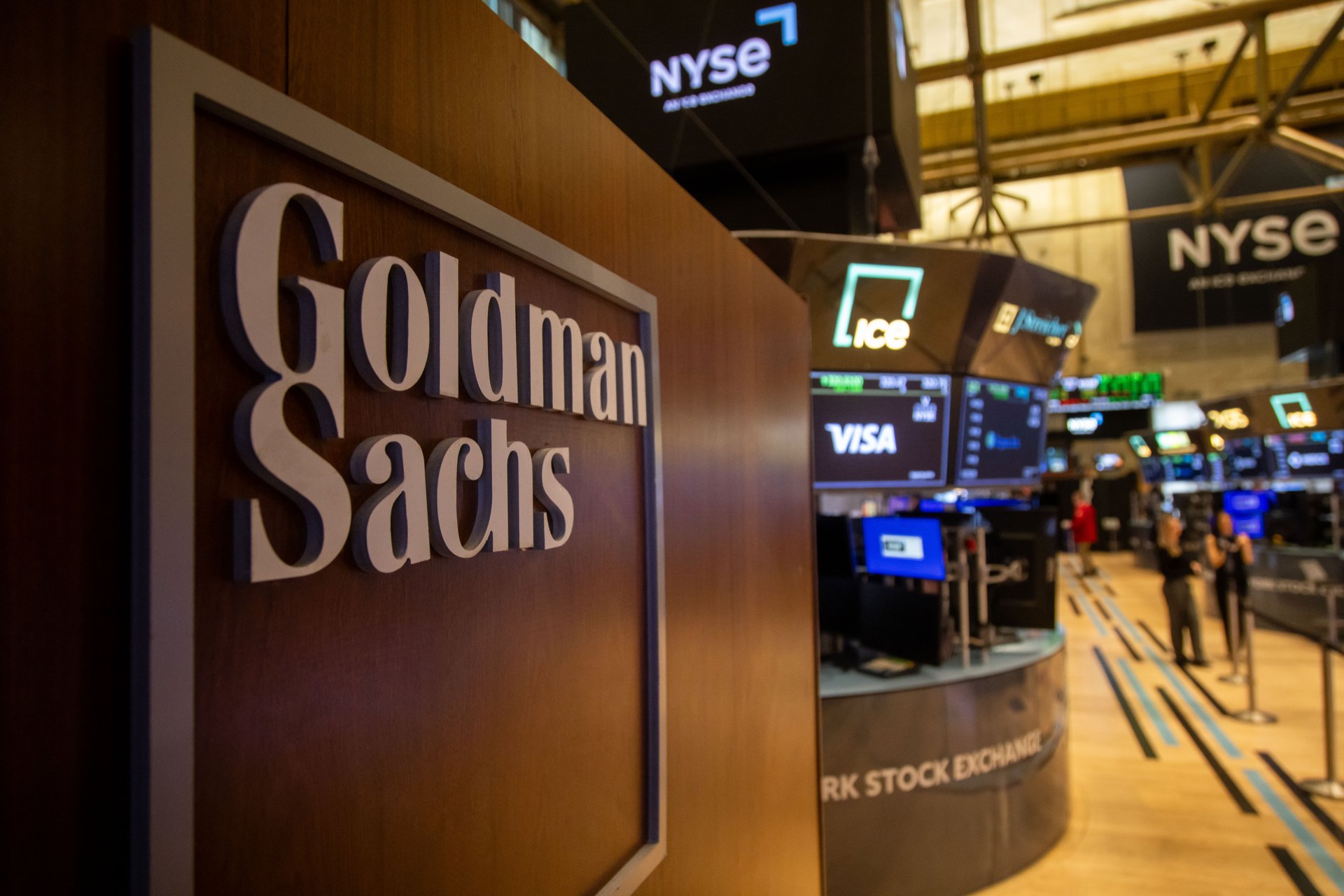Goldman Sachs cuts its U.S. recession odds
As the U.S. and China cool down their trade war, the investment bank sees an economic downturn as less likely

Bloomberg / Getty Images
Goldman Sachs thinks a U.S. recession is looking less likely.
Suggested Reading
The investment bank on Thursday cut the probability of a downturn, from 35% to 30%."Three recent developments point to a somewhat smaller effect of tariffs on the economy," Goldman analysts wrote in a note to investors.
Related Content
First, President Donald Trump's tariffs seems to be having "a slightly smaller impact on consumer prices and therefore on real income and consumer spending" s0 far, Goldman said. The current annual U.S. inflation rate is 2.4%. While that's higher than the Federal Reserve's 2% target, it remains unchanged since September 2024.
Second, "broad financial conditions have now eased back to roughly pre-tariff levels," the Goldman analysts said. This is presumably a reference to the stabilizing stock market. Following April 2, when Trump announced the sweeping reciprocal tariffs on goods imported into the U.S., otherwise known as "Liberation Day," chaos ensued on Wall Street. The S&P 500 dropped more than 12% in one week. The index has since returned to February levels. Similarly, the tariffs triggered chaos in the bond market: 10-year Treasury yields soared more than 12% in one week, ultimately causing the president to issue a 90-day pause on the levies. Yields remain high but have since stabilized.
Third, "measures of trade policy uncertainty have moderated a bit following steps toward de-escalation," Goldman said. In recent weeks, the Trump administration has announced multiple deals with trade partners, which have quelled fears of a worst-case scenario, while offering businesses some clarity on supply chains. This "de-escalation" is likely in reference to the US-China trade talks, which culminated yesterday in London.
Treasury Secretary Scott Bessent led the American delegation in the talks with Chinese Vice Premier He Lifeng. As part of the deal, Chinese goods imported into the U.S. are still subject to a 55% tariff, however this is down from a peak of 145%. Meanwhile, China will keep a 10% levy on U.S. goods.
Both sides also agreed to concessions. Beijing has agreed to resume approving rare-earth mineral licenses for U.S. companies, which are critical for automakers and manufacturers. In return, Washington has agreed to lift export controls on jet engines and related parts, plus ethane, a chemical required for producing plastics. Trump said in a Truth Social post on Wednesday: “Our deal with China is done" — but the president added that the agreement remains "subject to final approval."
Despite a slightly more optimistic outlook for economy, Goldman's forecast for interest rates remains unchanged. The bank doesn't foresee the next cut until December, followed by two more in 2026, reaching a terminal rate of 3.5-3.75%.